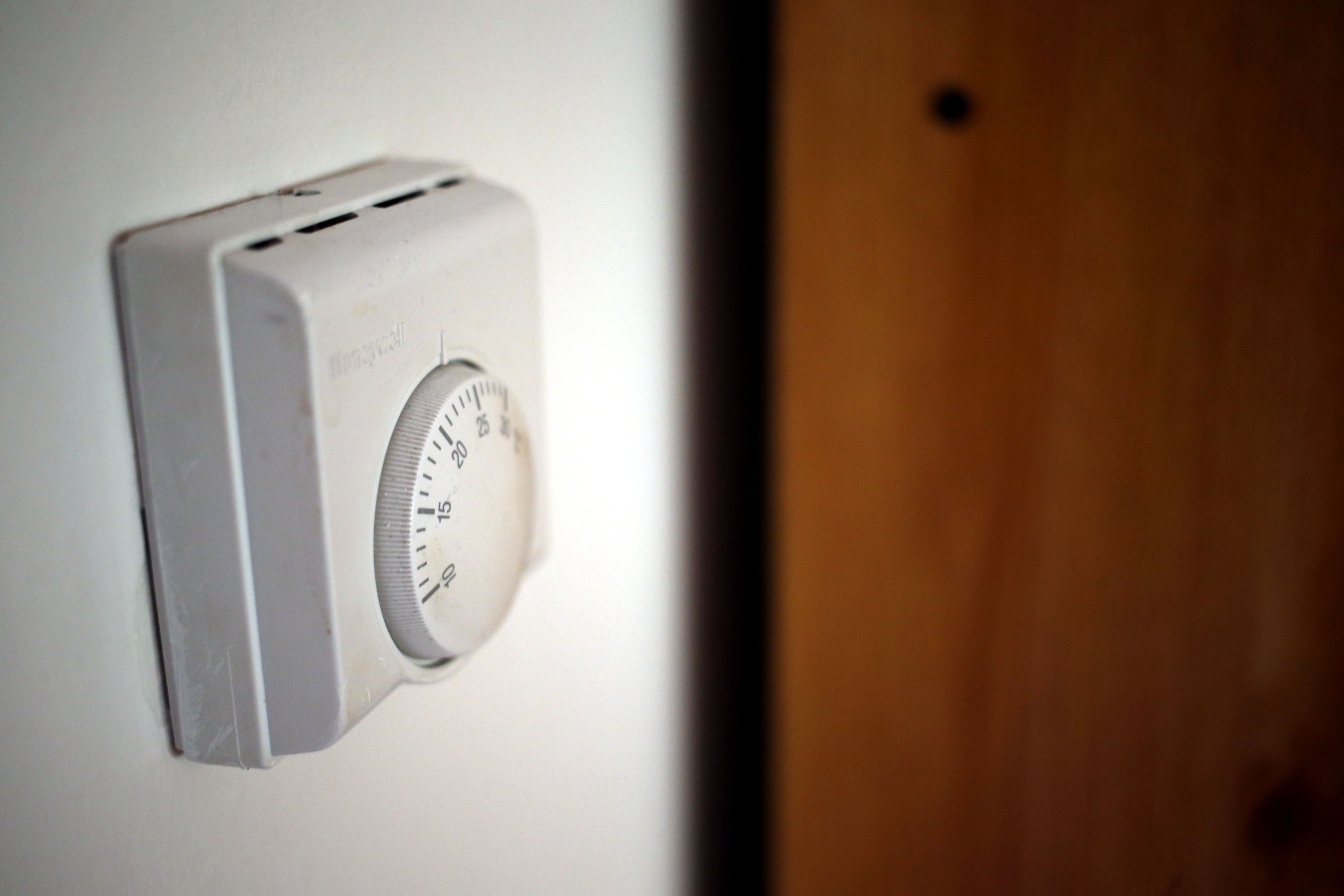32% with cancer ‘wearing coats or dressing gowns indoors as energy bills surge’
Macmillan said it has seen a high level of demand for its financial support services over the past few months.

Your support helps us to tell the story
From reproductive rights to climate change to Big Tech, The Independent is on the ground when the story is developing. Whether it's investigating the financials of Elon Musk's pro-Trump PAC or producing our latest documentary, 'The A Word', which shines a light on the American women fighting for reproductive rights, we know how important it is to parse out the facts from the messaging.
At such a critical moment in US history, we need reporters on the ground. Your donation allows us to keep sending journalists to speak to both sides of the story.
The Independent is trusted by Americans across the entire political spectrum. And unlike many other quality news outlets, we choose not to lock Americans out of our reporting and analysis with paywalls. We believe quality journalism should be available to everyone, paid for by those who can afford it.
Your support makes all the difference.Nearly a third (32%) of people with cancer have resorted to wearing coats or dressing gowns indoors more to try to stay warm without spending extra, according to a charity.
One in six (16%) has been washing clothes or bedding less – or not at all – to try to keep costs down, Macmillan Cancer Support found.
The charity said nearly a quarter (24%) of people with cancer agreed with the statement: “It feels like I just can’t afford life at the moment.”
Since December, 24% of people who have had a cancer diagnosis said they had been buying less food, or making fewer hot meals, to try to cope with the surging cost of living.
Macmillan’s research indicates 83% of people with cancer in the UK experience some kind of financial impact from their diagnosis, and for those affected this reaches an average of £891 a month, on top of usual spending.
Every day we are hearing from more and more people living with cancer who are feeling the enormous pressure of the rising cost of living
Lara Burwell, 30, who was diagnosed with thyroid cancer in 2019, told the charity: “I have overwhelming anxiety as all the money worries add up, and on top of this I am so fearful about how our standard of living will affect my cancer recovery.
“We’ve completely cut out heating, which is horrible as my treatment means I get really cold, but even with that saving I’m not sure we can afford the rent any more.”
Dr Anthony Cunliffe, Macmillan national clinical adviser for primary care, said: “At a time when people living with cancer need their health to be their priority, it’s devastating to hear the toll the cost-of-living crisis is taking on the wellbeing of so many people.
“Nutrition, warmth and hygiene are all vital in keeping people with cancer well enough for treatment and aiding their recovery, and to hear that people are being forced to deprive themselves of these essentials is hugely concerning.
“I’d urge anyone affected by cancer who has concerns or questions about the impact of the cost-of-living crisis on their health and wellbeing to get in touch on Macmillan’s Support Line. We’re here to make sure you get the support you need.”
Macmillan said it has seen a high level of demand for its financial need support services over the past few months, with the number of calls to the support about energy jumping by 87% since the energy bill price cap came into effect in April, compared with a year earlier.
Christopher Jones, energy team leader on the support line at Macmillan Cancer Support, said: “Every day we are hearing from more and more people living with cancer who are feeling the enormous pressure of the rising cost of living, on top of the extra costs a diagnosis can already bring.
“We used to hear about people choosing between eating and heating, but now we are hearing from people who can’t afford either.
“People with cancer need to live, not just survive, and we are urging anyone worried about money to access the support available from Macmillan. We are here to make sure people get the help they need and deserve.”
More than 2,000 people across the UK who have had a cancer diagnosis were surveyed.